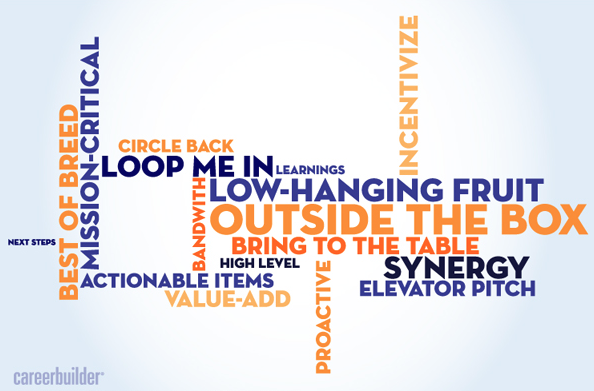
I’ve always been fascinated by endurance events such as the marathon. They demonstrate that one has the ability to inflict discomfort on one’s competitors – physical discomfort – without laying a finger on them. Doing so, however, requires increasing one’s own discomfort level. It’s sort of like holding your hand over a flame: a measure of physical and mental toughness. Tenacity.
(The biggest players in many industries understand this. It’s why Walmart supported the Affordable Care Act’s employer mandate: not because Walmart is a glutton for punishment but because it understood that the mandate would have a decimating impact on its smaller competitors – those with employees much closer to 50 employees than Walmart’s more than two million.)
Tour de France riders ask “How much more pain can I tolerate?” In the world of startups one asks “How much more money can I invest in my idea?” The writer asks how many screenplays she’ll peddle before giving up, and so on.
As in life, victory in marathon doesn’t go to the runner who leads most of the race but to the one who leads at the end of the race. Life’s race ends when you’re dead, which is to say it never ends. At least not in this life. The guy who pulls away from the pack right from the start? Sure, he gets his name mentioned on tv but twenty miles later, when the real racing has begun, he’s nowhere to be found. Similarly, the 23-year old A-lister soon finds himself in the Where Are They Now file just as the patient and persistent begin rising to prominence.
So if you’re going to be jealous of anyone, be jealous of the persistent. Or better yet, abjure it altogether. It’s said that jealousy is the only one of the seven deadly sins which does not provide even temporary pleasure. If that’s not enough for you to renounce jealousy whenever it rears its ugly head, then consider this: it’s always premature.
“This sounds well and good,” I hear you say. “But how does one fight a feeling such as jealousy?”
Here are four words which have always helped me : “Too soon to tell.”
Return to daviDDeeble.com or watch me perform the Flaming Marshmallow of Mystery on the Late Late Show.










